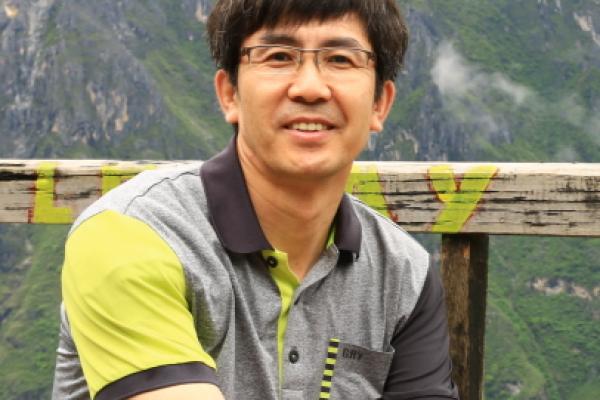
September 23, 2015
All Day
Hagerty Hall, Room 259 (1775 College Road)
Institute for Korean Studies presents "Korean writers in search of identity during the Japanese invasion: A case study of Jang Hyeok-joo."
Professor Roh Sangrae
Department of Korean Language and Literature, Yeungnam University
East Asian Languages and Literatures Visiting Scholar, OSU
Abstract:
Korea endured colonization by the neighboring Japan during a critical period of its modernization, 1910-1945. This painful experience is vividly depicted in the novels by Yi Kwangsu, Kim Saryang, Chae Manshik, Yi Taejun, Pak Younghee, and Chang Hyeokju among others. Many writers of the time were imprisoned and tortured for expressing their independent thoughts, and many broke under the pressures to make public their support for the Japanese invasion of Korea. Through the Sino-Japanese War (1937) and the Pacific War (1941), Japan intensified its demand for influential Korean writers to “Serve the Nation.” In pursuit of their ambitions to be successful writers, some chose gestures of collaboration by writing novels in Japanese. There existed three options for writers: quit being a writer; write in Korean, knowing that your works would not be published until Korean independence, the prospect of which was growing dimmer; or write in Japanese and bear the humiliation of being branded as “pro-Japanese.” The Korean writers of the time were respectively put to the test of identity. For example, novelist Jang Hyeokju set out to write in Japanese with his seemingly genuine intention to inform a wider readership of the Korean injustice and adversities, but gradually crumbled under the weight of survival toward active collaboration with Japan. Jang ends up a naturalized Japanese citizen after Korean independence. In his research, Professor Roh Sangrae shares his thoughts about the Korean writers’ quest for identity during one of the darkest times in the history of modern Korean literature.
*The lecture will be delivered in Korean, with interpretation by Professor Chan E. Park
Co-sponsors:
Department of East Asian Languages and Literatures
Institute for Korean Studies
